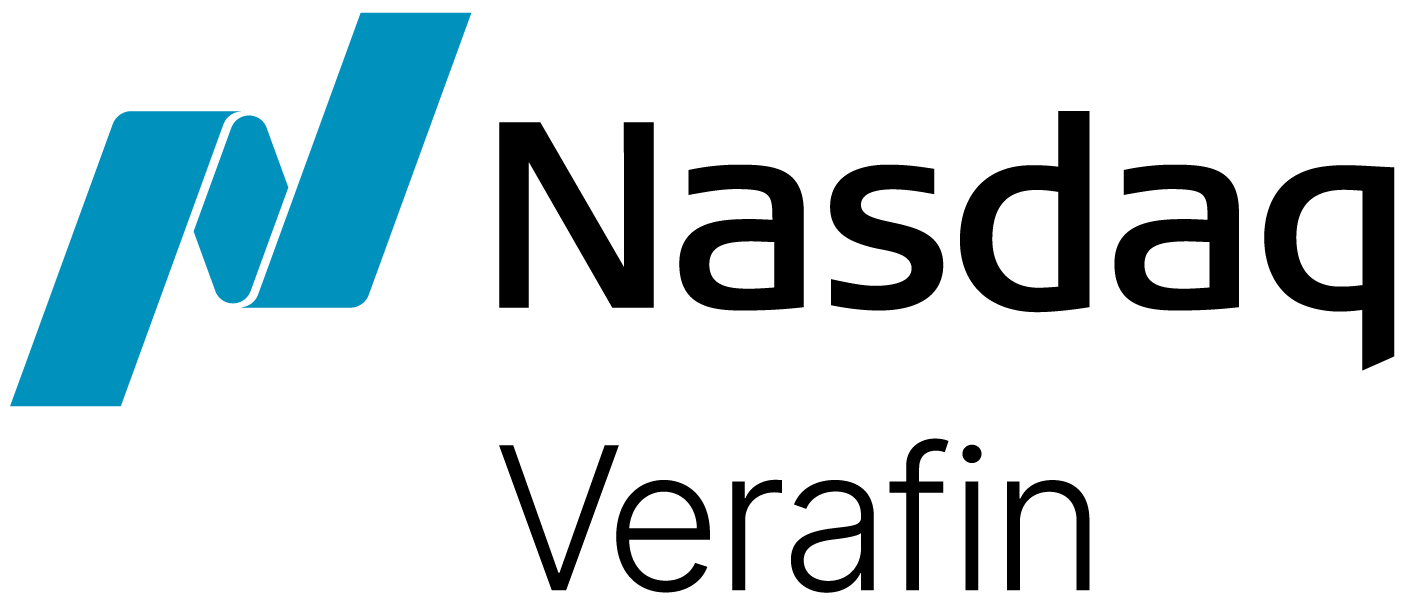Protecting the global financial system against financial crime is a collective responsibility, and financial institutions need to be armed with the best resources possible to respond to the pervasiveness of this problem. Financial crime is not bound by borders – illicit funds flow through connected criminal networks. Nasdaq’s 2024 Global Financial Crime Report examined the global state of financial crime and found some sobering realities – in 2023 there was more than $485 billion in global fraud losses, helping to fuel over $3.1 trillion in money laundering and terrorist financing worldwide.
To properly understand the scale of this challenge, Nasdaq’s report included a survey with more than 200 industry professionals and interviews with three senior anti-financial crime executives. The respondents identified three main opportunities where the financial industry can improve and increase efficiency in their collective efforts to fight financial crime.
Opportunity #1: Regulatory Guidance and Clarity
Alignment on regulatory requirements is an essential part of protecting the global financial system. The financial industry needs clear regulatory requirements to ensure that the industry can work together to fight financial crime more efficiently.
Survey respondents highlighted the importance of clarity in regulatory guidance, focusing on several areas they believed would create improvements to their anti-financial crime efforts. Illicit activity such as human and drug trafficking have devastating consequences on victims – respondents felt that prioritizing the specific typologies associated with these crimes would be valuable in aligning the industry. In addition, information sharing and supporting innovative technology, such as artificial intelligence (AI), were highlighted as areas where industry regulation could help improve the effectiveness of anti-financial crime efforts.
Opportunity #2: Embracing Collaboration
Criminals thrive when the financial industry operates in silos. Unconstrained by privacy rules, government regulations, technology, and geographic boundaries, fraudsters excel at collaborating to perpetuate the $3.1 trillion financial crime problem.
The financial industry has an opportunity to combat the fragmented nature of anti-financial crime management by embracing the power of collaboration across private and public entities, as well as law enforcement, ensuring they stay one step ahead of criminals. Survey respondents underscored the importance of industry collaboration and information sharing as a strategic way to defend against financial crime. One interviewee provided the example of the real-world implications of collaboration with a public-private partnership initiative co-led by a major bank and the Canadian Centre for Child Protection, supported by Canadian law enforcement agencies and FINTRAC. This project has ensured more robust monitoring for human trafficking within Canada.
Opportunity #3: Innovating with Technology
Financial crime is constantly evolving – technology is key to ensuring the industry has the right tools to be effective at detecting and preventing fraud and money laundering. Innovative technology like AI and machine learning can help the financial industry significantly improve efficiency, automating tasks and workflows across multiple processes to ease the burden of manual and repetitive work. Innovative technologies can create significant time savings and cost reductions for investigation teams, allowing them to focus on improving the effectiveness of their anti-financial crime efforts.
Survey respondents were aware of the opportunities innovative technology can bring to improving their anti-financial crime efforts, with 71% of respondents having increased their budgets for financial crime compliance technology in 2023. As well, 70% of respondents plan to increase their spending on AI and machine learning technology in the next 1-2 years, with a focus on investing in technologies that can improve day-to-day efficiencies.
Safeguarding the Financial System: An Industry-Wide Priority
The financial crime epidemic goes beyond money – the impact of crimes on the most vulnerable in society is immense. Opportunities that allow the financial industry to align and work together to help protect the most vulnerable are truly beneficial – and collective action is necessary. Breaking down silos and working together to fight financial crime can have immense benefits – when combined with innovative technology, institutions can stay one step ahead of criminals.
For further insights into protecting the world’s financial system, read the 2024 Global Financial Crime Report.


